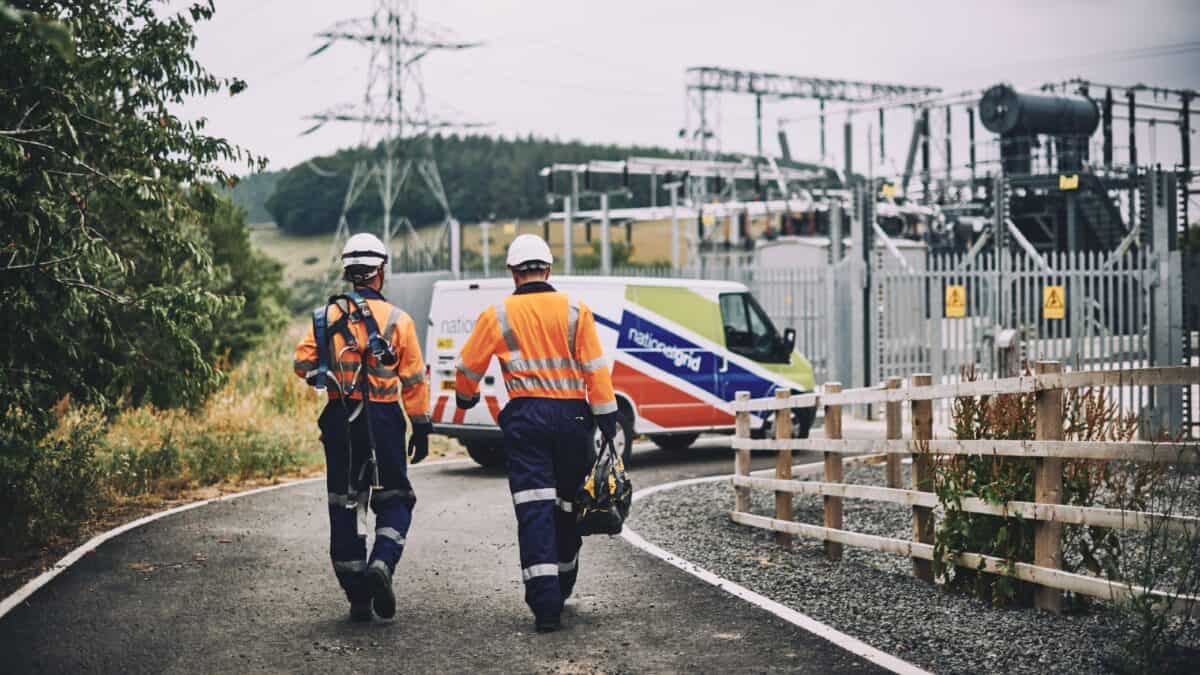On 19 October 1987, the FTSE 100 — the index of leading UK stocks — lost 10.8%. Thirty-seven years later, it’s easily forgotten that Black Monday was followed by an even worse Tuesday, when the index fell another 12.2%.
The UK wasn’t alone. Global stock markets are estimated to have lost $1.7trn as a result of the mass sell-off.
And history tells us that October can be a volatile time for the Footsie. Four of the five biggest one-day falls (and six of the 10 largest) have all taken place in the same month as Halloween. As someone who has most of their portfolio invested in the index, I find this scary.
| Date | Fall in the FTSE 100 (%) |
|---|---|
| 20 October 1987 | 12.2 |
| 12 March 2020 | 10.9 |
| 19 October 1987 | 10.8 |
| 10 October 2008 | 8.8 |
| 6 October 2008 | 7.9 |
However, conditions are very different today to those of previous years.
1987
Black Monday was blamed on an extended bull run in US stocks.
During the five years prior to the crash, the Dow Jones Industrial Average had risen 250%. Although the recent rally in the American stock market has been a strong one, the S&P 500 has ‘only’ increased 93%, since October 2019.
Other contributory factors were said to be rising interest rates and a fall in the dollar.
But the Federal Reserve has recently started to cut borrowing costs. And the US Dollar Index has fallen only 4% over the past five years.
2008
Twenty-one years later, the October turbulence was caused by a global financial crisis. Nowadays, although the world economy hasn’t fully recovered post-pandemic, it appears to be going in the right direction.
I’m not expecting a stock market crash this month, although nothing can be ruled out. However, other than taking a long term view, I’m not sure how expecting the unexpected can be translated into an effective trading strategy.
But if I was forecasting a period of instability for UK equities, there’s one share that I’d like to have in my portfolio.
Keeping the lights on
National Grid (LSE:NG.) has defensive properties that should make it weather a financial downturn better than most.
Its business of supplying gas and electricity should be largely unaffected by market turmoil. In the months following Russia’s invasion of Ukraine, its share price went up. And while it did fall in the early days of the pandemic, it recovered quicker than many others.
Importantly, the company enjoys monopoly status in its key markets. Therefore, it doesn’t have to waste time (or spend money) finding new customers.
However, it’s a regulated business and can’t charge what it likes. It’s also required to maintain a certain level of investment. In June, it surprised investors by announcing a £7bn rights issue to help meet its obligations.
But as long as everything goes to plan, it should know with reasonable certainty what level of return it’s going to make.
Over the past three years, it’s been able to increase its underlying earnings per share by 13%. And this means its dividends are reliable and predictable. The stock’s currently yielding 5.9%, comfortably above the FTSE 100 average of 3.8%.
On balance, I believe National Grid would be an ideal share to own if I thought the market was going to enter a period of volatility. However, I’m not anticipating any turbulence so I don’t want to invest at the moment.





